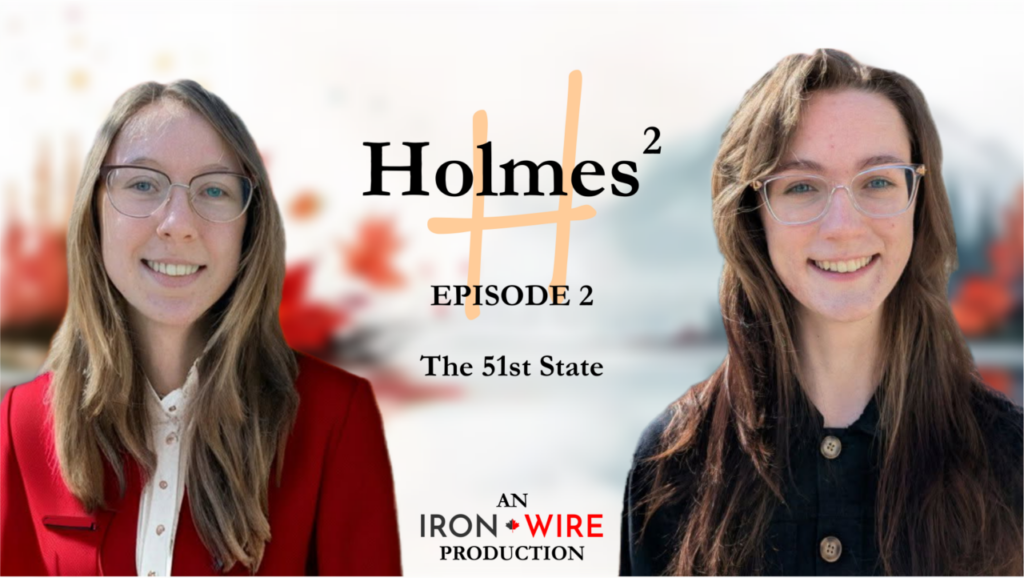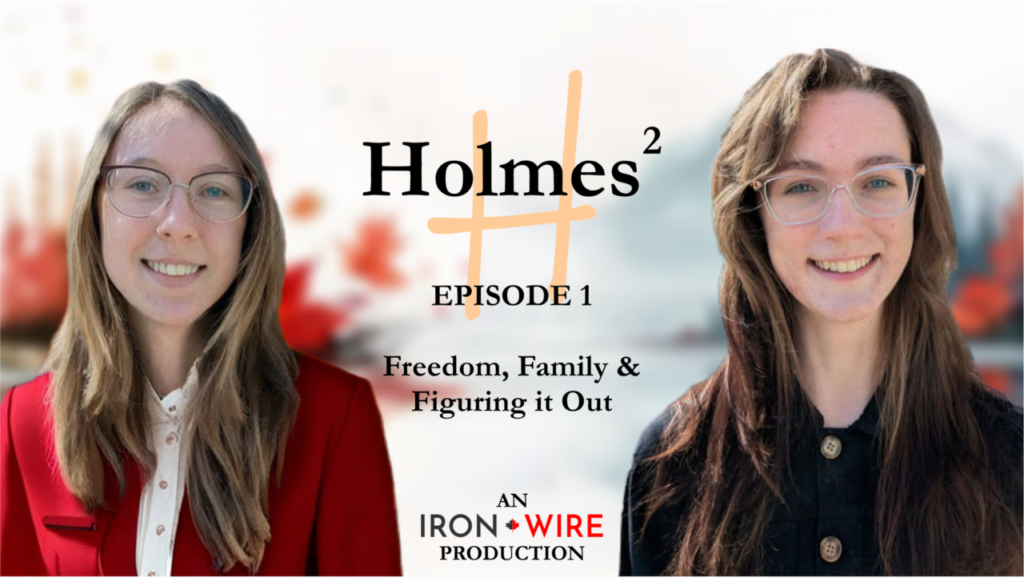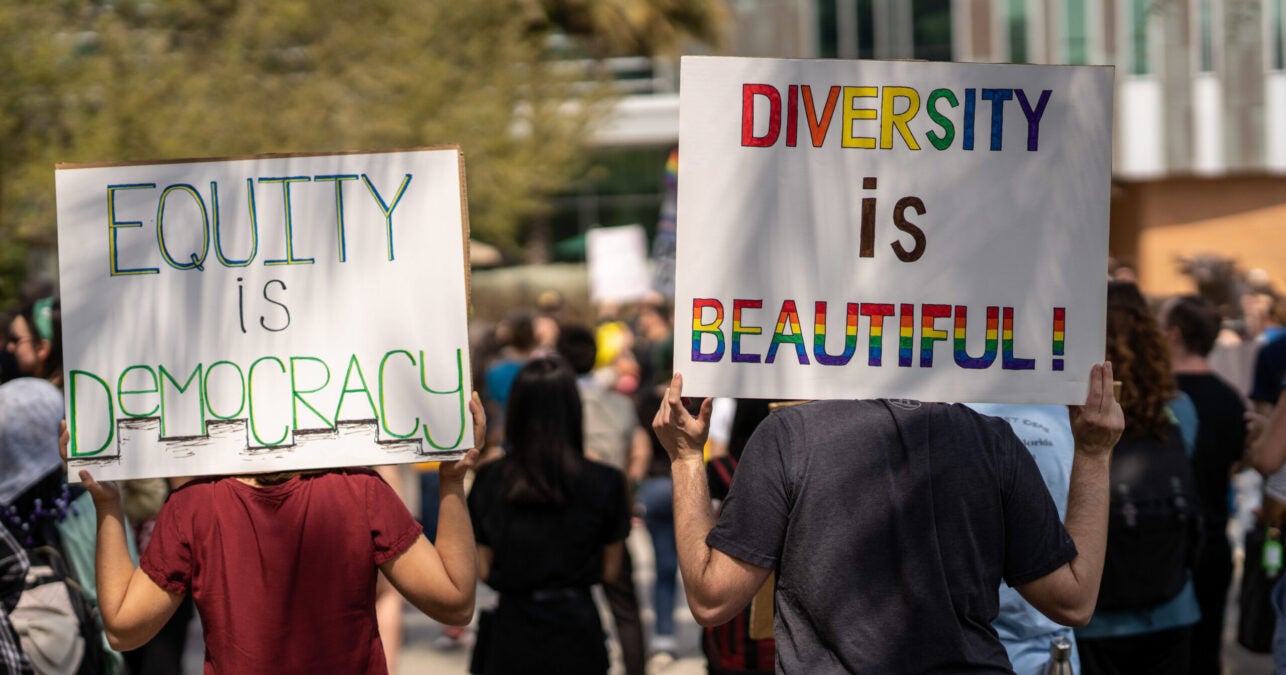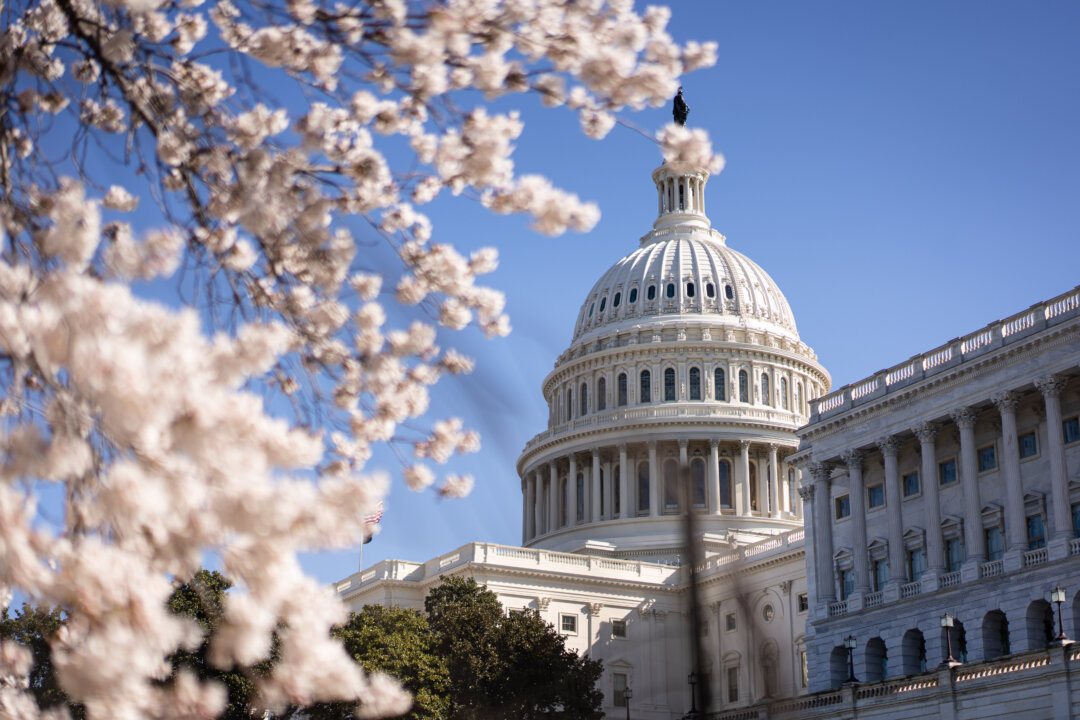US Supreme Court hears arguments on South Carolina stripping Planned Parenthood of Medicaid funds – LifeSite
WASHINGTON, D.C. (LifeSiteNews) – The U.S. Supreme Court heard oral arguments Wednesday on whether South Carolina and other states have the right to exclude Planned Parenthood and other abortion businesses from receiving taxpayer dollars through Medicaid, though it was not immediately clear which side will prevail.
In March 2024, the U.S. Fourth Circuit Court of Appeals ruled that South Carolina had to restore Medicaid funds to Planned Parenthood after the state deemed the abortion giant not qualified, claiming Medicaid recipients had a right to the “provider” of their choice. The Supreme Court had previously ordered the Fourth Circuit to reconsider its previous ruling to that effect in light of its Talevski ruling, which concerned whether the Federal Nursing Home Reform Act (FNHRA) created federal rights that healthcare recipients could enforce via lawsuits.
That July, 68 congressional Republicans urged the nation’s highest court to take up the case, arguing that “South Carolina has every right to determine what qualifies and disqualifies Medicaid healthcare providers operating within our state,” and “Private parties like Planned Parenthood have no right to undermine congressional intent.” The nation’s highest court agreed to hear the case in December.
“Taxpayer dollars should never fund abortion providers like Planned Parenthood,” Republican Gov. Henry McMaster argued. “In 2018, I issued an executive order to end this practice in South Carolina. I’m confident the U.S. Supreme Court will agree with me that states shouldn’t be forced to subsidize abortions.”
During Wednesday’s oral arguments, Alliance Defending Freedom attorney John Bursch argued that “if the statute said ‘right,’ it would put the state on notice. It is the difference between a benefit and a right.” Liberal justices such as Elena Kagan and Ketanji Brown Jackson argued that a right to the provider of one’s choice was implicit in the law, with Kagan worrying that a win for South Carolina would set a precedent for excluding more left-wing agenda items from state-supported healthcare.
“It could be people who do provide abortions, people who don’t provide abortions, people who do provide contraception, people who don’t provide contraception, people who do do gender transition treatment, people who don’t,” she said.
Some conservative jurists expressed skepticism at the abortion lobby’s contention that patients have a right to sue for a provider excluded by the state, with conservative Justice Samuel Alito suggesting it would require finding “something that’s quite extraordinary” in the law, and that siding with Planned Parenthood would open state Medicaid programs to an overwhelming deluge of lawsuits.
With the votes of the court’s most liberal and conservative members a given, the outcome will hinge on where the Republican-appointed moderates fall, with Chief Justice John Roberts expressing concern about patients having “remedies” for their choices not being honored. Justice Amy Coney Barrett, meanwhile, questioned the state’s argument that administrative appeals process sufficed for patients who object to denials of coverage.
Last year, Planned Parenthood’s most recent annual report revealed that its affiliates across the nation took in $699.3 million in government “health services” reimbursements and grants, accounting for 39 percent of its total revenue during that period. At the same time, the abortion chain committed 392,715 abortions – yet its legitimate health services, such as pap tests and cancer screenings, continued to decline as percentages of its overall business.
Within weeks of returning to office, President Donald Trump reinstated the Hyde Amendment (which forbids most federal funds from directly supporting elective abortions) and the Mexico City Policy (which forbids non-governmental organizations from using taxpayer dollars for elective abortions abroad), and cut millions in pro-abortion subsidies by freezing U.S. Agency for International Development (USAID) spending.
But those moves do not yet cut off the nation’s largest abortion chain from the public dole. So congressional Republicans have proposed two different measures: the No Taxpayer Funding for Abortion and Abortion Insurance Full Disclosure Act, which permanently bans federal funds from being used for abortion; and the Defund Planned Parenthood Act, which disqualifies the organization and its affiliates specifically.















